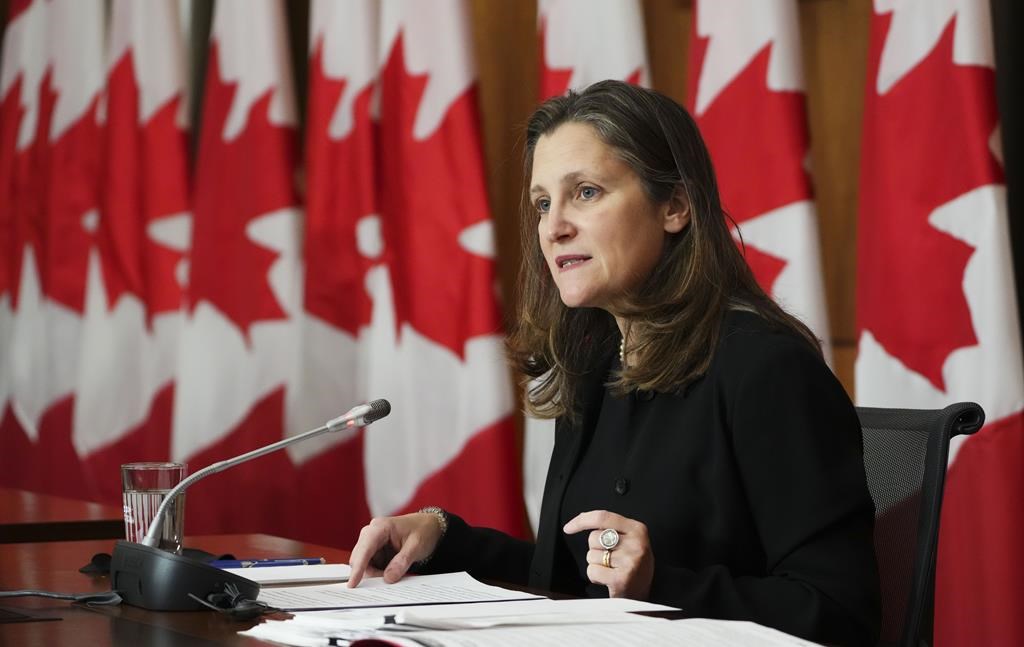Are the differences between Alberta and Ottawa on carbon emission policy unreconcilable?
If you surf the tops of the news headlines it looks as though the province is retreating further and further from coming to grips with its climate crisis responsibilities.
Piqued by recent comments from federal environment minister Steven Guibeault, Premier Danielle Smith fired off an incendiary statement on social media over the weekend railing that federal emission reduction targets and the goal to reach a carbon-neutral electrical grid by 2035 are unconstitutional, investment-killing atrocities.
Alberta claims to be working toward that carbon-neutral grid by 2050. Instead of trying to curb oil and gas production with ambitious emission controls, Ottawa should be promoting “clean” Canadian LNG in Asia, says Smith.
Her bottom line: “Alberta will not recognize any federally imposed emission-reduction targets for our energy and electricity sectors under any circumstances unless such targets are first consented to by the Government of Alberta.”
Perhaps more than any issue, Smith frames energy policy, and by extension environment policy, as an Alberta sovereignty issue.
On Wednesday, Alberta Minister of Affordability and Utilities Nathan Neudorf backed Smith’s rhetoric up further with a statement that acknowledges that demands for reliable, sustainable energy are higher than ever but that it’s just too expensive for Albertans to reach the federal 2035 carbon-neutral grid target.
The cost of sharply reducing carbon emissions and in any way reducing oil and gas production is now consistently tied to the cost to the economy. Any flip advantage of a more sustainable industry is sliding out of the narrative.
Alberta’s Environment Minister Rebecca Schulz was a tad conciliatory after she met with Guibeault on Wednesday.
“The indication we got from the minister was that there’s still time for negotiation and discussions,” she told reporters.
But she trotted out the fire-breathing party line in her formal statement.
“I informed Minister Guilbeault that our government remains resolutely opposed to any federal cap on oil and gas emissions or electricity regulations that are not expressly consented to by Alberta and that do not align with Alberta’s emissions reduction and energy development plan.”
Smith’s mandate letter to Schulz in her new job as environment minister met with lots of criticism earlier this month in terms of what it didn’t contain, including specific actions on carbon emissions.
Schulz told a Canadian Press reporter that the climate strategy is coming as the government gathers enough information.
“In many ways, we are working at emissions reduction right now. Some aspects of our net-zero aspiration by 2050 are relying, maybe in some cases, on technology that doesn’t yet exist.”
These trends in Alberta government public messaging are shaping the climate change discussion in the province. The dreaded “CO2 is not a pollutant” meme is popping up consistently in social media comments on government statements.
So how deep does this divide between Ottawa and Edmonton go? Despite the overheated rhetoric and diversionary tactics at the strictly political level, there is still a fair bit of emission tackling and sustainable innovation happening at a bureaucratic and industry level.
Even Smith has mentioned the federal-provincial working group trying to find common ground and a way forward.
Guibeault spent a couple of days this week roaming Calgary, chatting with the Chamber of Commerce and the Business Council of Alberta. His media interviews didn’t suggest much movement off the electricity 2035 target but a supposed 42 percent emissions reduction in the energy industry by 2030 seems a bit fuzzier.
“What we said in the Emissions Reduction Plan was that the 42 percent was not a target but it was a pathway. So we will see with the oil and gas cap — will it be exactly that, will it be something different? That’s one of the many things that remain to be defined,” Guibeault said in an interview.
For the average Canadian, tours and chats, innovation grants, promised regulations, targets and policies and endless jurisdictional battles don’t amount to much beyond posturing and blather.
Floods, heat waves and forest fires speak much more loudly about the concrete actions expected from all leaders. There’s not much point protecting Alberta’s sovereign rights and oil patch bottom line if the province is in flames and the crops are dead in the field.






